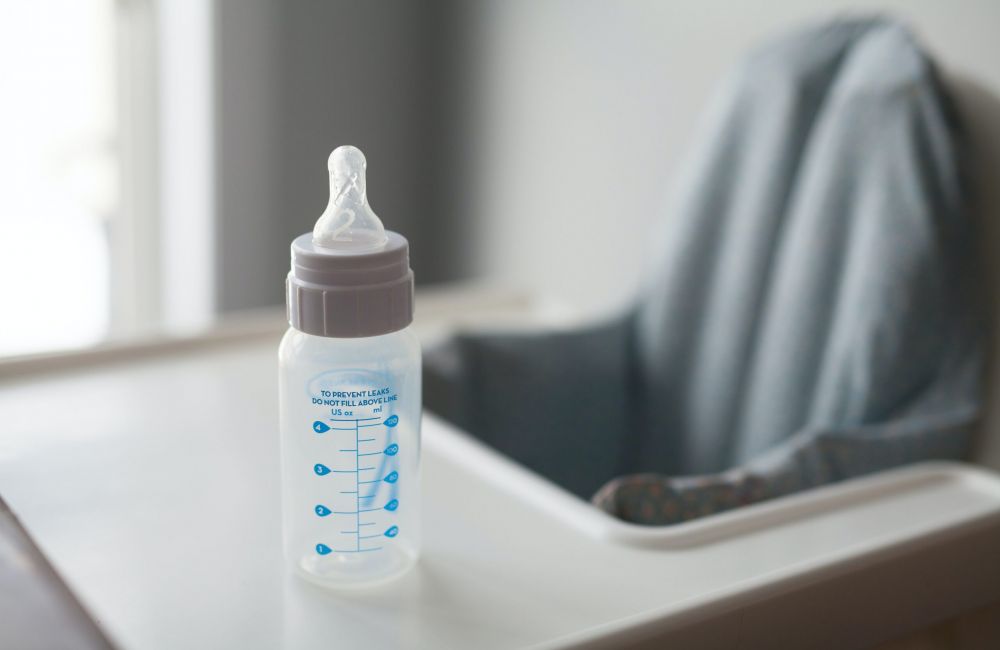Anticipating a breastfeeding employee in your workforce anytime soon? You’re in luck. The long-awaited guidance finally is here: both federal and State agencies have graced employers with guidance on accommodating nursing employees in the workplace.
In our previous blog, we reviewed the recent changes to New York State’s Rights to Express Breast Milk at Work (Labor Law § 206-c) and compared it to the Federal PUMP Act, but we were still awaiting policy guidance from New York State’s Department of Labor (DOL). Now, we’ve got both State and federal guidance on what employers are required to do to comply with both laws.
New York Guidance
Unsurprisingly, the New York DOL policy is in close alignment with the language of § 206-c. The guidance reiterates that lactation rooms cannot be a bathroom.
The rooms must be:
- in close proximity to the workplace,
- well lit
- private (shielded from view and free from intrusion), and
- near running water.
Furthermore, the NY guidance requires the rooms to contain:
- an electrical outlet if the workplace has electricity,
- a chair,
- a flat surface, and
- a covering such as shades or curtains if the room has windows.
Refrigerators must be made available for breastmilk storage. Cubicles can be used as a last resort as long as the walls are at least seven feet tall and the cubicle is fully enclosed.
Essentially, the NY DOL’s guidance makes certain procedures mandatory that were mere suggestions prior to the updates to the law. What’s remained unchanged is the requirement to provide employees reasonable unpaid breaks for up to three years after childbirth.
Employees are expected to provide their employers with reasonable, advance notice to allow their employers to make appropriate arrangements for breastfeeding employees upon their return to work. If employees want to request a room or place to express breast milk, employees should submit a written request, and employers are required to respond to this request within five days.
For employers, it’s important to note that all employees must be notified in writing (on paper or via email) when a room has been designated for breast milk expression.
Finally, where an employer would experience undue hardship in complying with the requirements expressed in the policy, you still can’t deny employees the right to express in the workplace. Employers must provide a private non-restroom location, near the workplace that meets as many of the requirements in the policy as possible.
Federal Guidance
As we previously wrote about, the PUMP Act doesn’t provide as extensive coverage to nursing employees as New York’s § 206-c. Still, the guidance issued by the United States Department of Labor makes clear what the requirements are for employers.
As with New York law, the federal government prohibits designated areas from being a bathroom, and they must be shielded from view, free from intrusion, and available whenever an employee needs. Though the federal guidance notes that providing a flat surface, an outlet, and situating the room near a bathroom is ideal, it doesn’t require employers to provide such accommodations. In further contrast to New York law, the PUMP Act requires only the provision of unpaid reasonable breaks for one year.
Under federal law, employers with fewer than 50 employees are permitted to claim undue hardship. If employers can demonstrate an undue hardship, there is a complete exemption from the requirements of the PUMP Act, though the U.S. DOL notes this will occur in “limited circumstances.”
Finally, as with the New York policy, the federal DOL imposes a posting requirement for any employer with employees subject to the PUMP Act, and the notice should be posted in a conspicuous place, though it may be posted online if employees work remotely, receive information through electronic means, and can access the post at all times.
For employers with nursing employees – if you’ve not already come into compliance with New York State and federal policy, this is your reminder to do so. New York’s § 206-c became effective on June 7th, which means employers not in compliance with the law may be at risk.
And for employers that don’t currently have nursing employees, it’s always beneficial to plan for the future and know what you can and should do if the issue arose.
If you have any questions about federal or State guidance, we can help. Reach out to The Coppola Firm by email (info@coppolalegal.com), phone (716.839.9700), or stop by our conveniently-located office on Maple Road in Buffalo.

